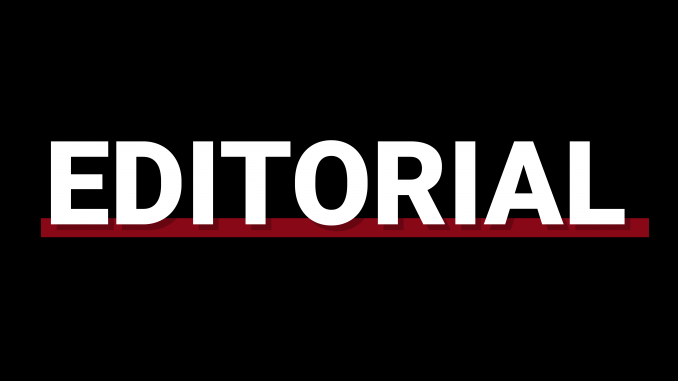
Temple University students and faculty are starting their Spring 2021 semester in one of the most eventful months of their lives, one surrounded by the effects of disinformation.
Baseless claims of widespread voter fraud in the 2020 presidential election by United States President Donald Trump led to a mob storming the U.S. capitol on Jan. 6, followed by an FBI memo warning law enforcement of the possibility of armed protests in all 50 states ahead of Inauguration Day tomorrow, despite Attorney General Bill Barr affirming there was no widespread voter fraud in the 2020 presidential election.
At the same time, while states have begun administering COVID-19 vaccines, media pundits like Fox News’ Tucker Carlson have stoked doubt about the safety of vaccines. About a quarter of Americans are hesitant to get the COVID-19 vaccine, with many citing safety concerns and fears of possible side effects, according to a December 2020 study by the Kaiser Family Foundation, a health news organization. There is no evidence, however, that the COVID-19 vaccine causes harm, only some brief mild flu-like symptoms after vaccination, BBC reported.
As we watch the effects of disinformation and misinformation erode the public’s trust in our democratic system and public safety, the Editorial Board encourages our readers to trust in peer-reviewed, fact-checked and credible sources of information.
While misinformation refers to false information spread without the intent to mislead others, disinformation deliberately misleads readers and manipulates facts or narratives to serve as propaganda, according to the University of Washington Bothell and Cascadia College. Both are dangerous, and the Editorial Board cautions readers to only rely on reputable, fact-checked journals, studies and media outlets.
Information may be falsified or otherwise untrue if the author is not an expert on the subject, the website is not credible, the claims are unverifiable or the information can’t be found elsewhere, according to Temple University Libraries.
Inaccurate information can often impersonate genuine sources, manipulate accurate information, provide information out of context or hide under the guise of satire, according to Temple University Libraries, but it is critical that we identify when information is not credible or has been purposefully altered to deceive others.
Fact-checking sites, like Politifact, FactCheck.org, Snopes.com and Duke Reporter’s Lab, are all reliable sources to assess the accuracy of a piece of information, according to Temple University Libraries.
The Editorial Board also urges our readers to find and follow accurate journalism and media outlets. Reputable media outlets publish accurate content, provide corrections when information is incorrect, use credible sources, clearly identify their editorials and opinion columns as separate from other reporting and employ ethical journalists, according to the University of California Merced library.
Rigorous fact-checking is one of the defining principles of The Temple News’ reporting and editing across all sections. Thus, the Editorial Board cannot stress enough the importance of seeking reliable sources of information, particularly regarding ongoing nationwide events affecting our state, city and campus community, like the presidential transition and the distribution of COVID-19 vaccines.
Accuracy is our business, but with the growing threat of disinformation, we implore our readers to make it theirs, too.


Be the first to comment